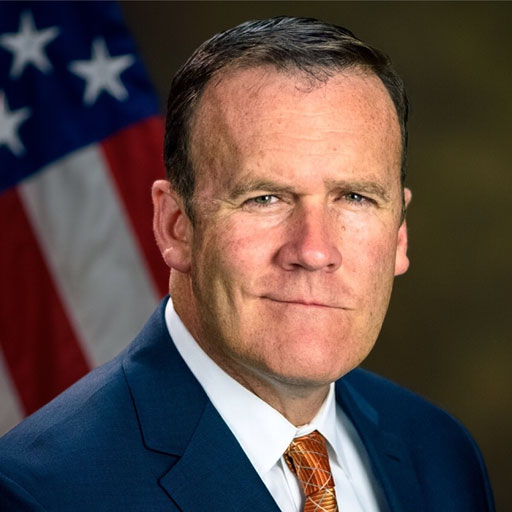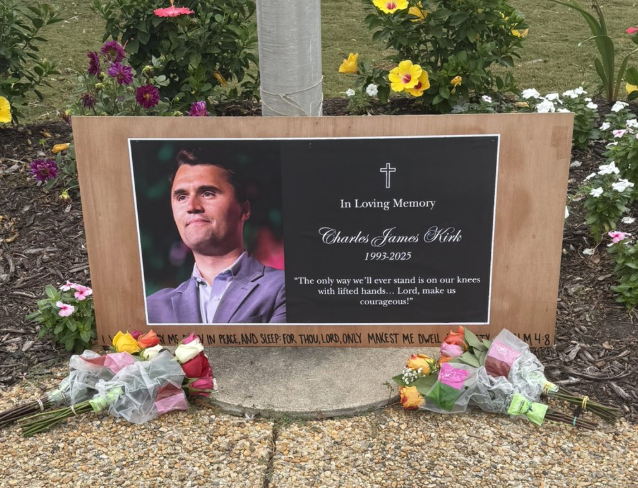Over the past several weeks, the nation has seen a troubling escalation in violent incidents. In Minneapolis, a gunman recently murdered several children at Annunciation Catholic Church. In Charlotte, N.C., a deranged individual fatally stabbed an innocent Ukrainian refugee on the light rail. In Utah, conservative activist Charlie Kirk was murdered while speaking to students on a college campus. Last month, a sniper opened fire on a Dallas ICE facility, killing two detainees and critically wounding another.
Sadly, these incidents are not isolated. They reflect a broader surge in targeted, often politically motivated violence that threatens our way of life. From the killings of public figures to attacks on ordinary citizens caught in the crossfire of rising partisanship, the pattern is clear: today’s political discourse has increasing consequences. When violence becomes a means of expressing political disagreement or silencing dissent, it shifts from criminality to a form of domestic terror, which erodes trust in institutions, undermines public safety and demands accountability at every level.
Kirk’s murder should have been a moment that forced the country to take a step back and re-evaluate where our politics and culture are heading. Instead, the responses have been telling: some commentators brushed it off, refusing to acknowledge it for what it is, while others online went as far as to cheer it on. This level of moral bankruptcy should alarm us all. If we can’t agree that political violence is unacceptable, no matter who the target is, then we’ve already lost something vital. We must do better than this.
We face heightened threats from domestic terrorism in our communities. The Federal Bureau of Investigation defines terrorism as: “The unlawful use of force or violence against persons or property to intimidate or coerce a government, the civilian population, or any segment thereof, in furtherance of political or social objectives.” By this definition, the wave of recent high-profile violent attacks cannot be dismissed as isolated tragedies. They are acts of terrorism.
These attacks were not committed merely to harm individuals. They were orchestrated to instill fear in the public, to make us question our safety, and to tempt us into retreating from civic life.
History teaches us that terrorism’s power does not lie in the act itself but in its aftermath. As Winston Churchill reminded his countrymen in Britain’s darkest hours, “Fear is a reaction. Courage is a decision.”
The terrorists’ true aim is not death; it is submission. They hope to force us to shrink back, to abandon debate, to allow fear to corrode the habits of freedom that hold the republic together.
It is here that we must draw inspiration from those who embody courage and civility in the face of hostility. Kirk has become one such example in our time. While firmly standing for his beliefs, he consistently showed a commitment to engage with respect in defending his convictions without denying the right of others to disagree. In an age when disagreement too often devolves into dehumanization, that kind of principled courage and class offers us a model for how to resist terror’s deeper purpose.
To allow terrorists — whether foreign or domestic, organized or lone actors — to dictate our choices is to hand them victory. To refuse fear, to debate vigorously yet civilly, and to live freely despite uncertainty is the only way to deny them the prize they seek.
Our task, then, is not only to condemn the violence but to refuse its intended effect. The temptation will always be to retreat, to censor, to lower oneself to their level, or to surrender. America’s resilience has always rested on the opposite impulse: to live boldly, to speak openly, and to stand shoulder-to-shoulder even when we profoundly disagree.
If we refuse to let these fringe terrorists shape the way we live and think, then those who seek to tear us apart will find themselves defeated in the end.
Don’t let them win.


